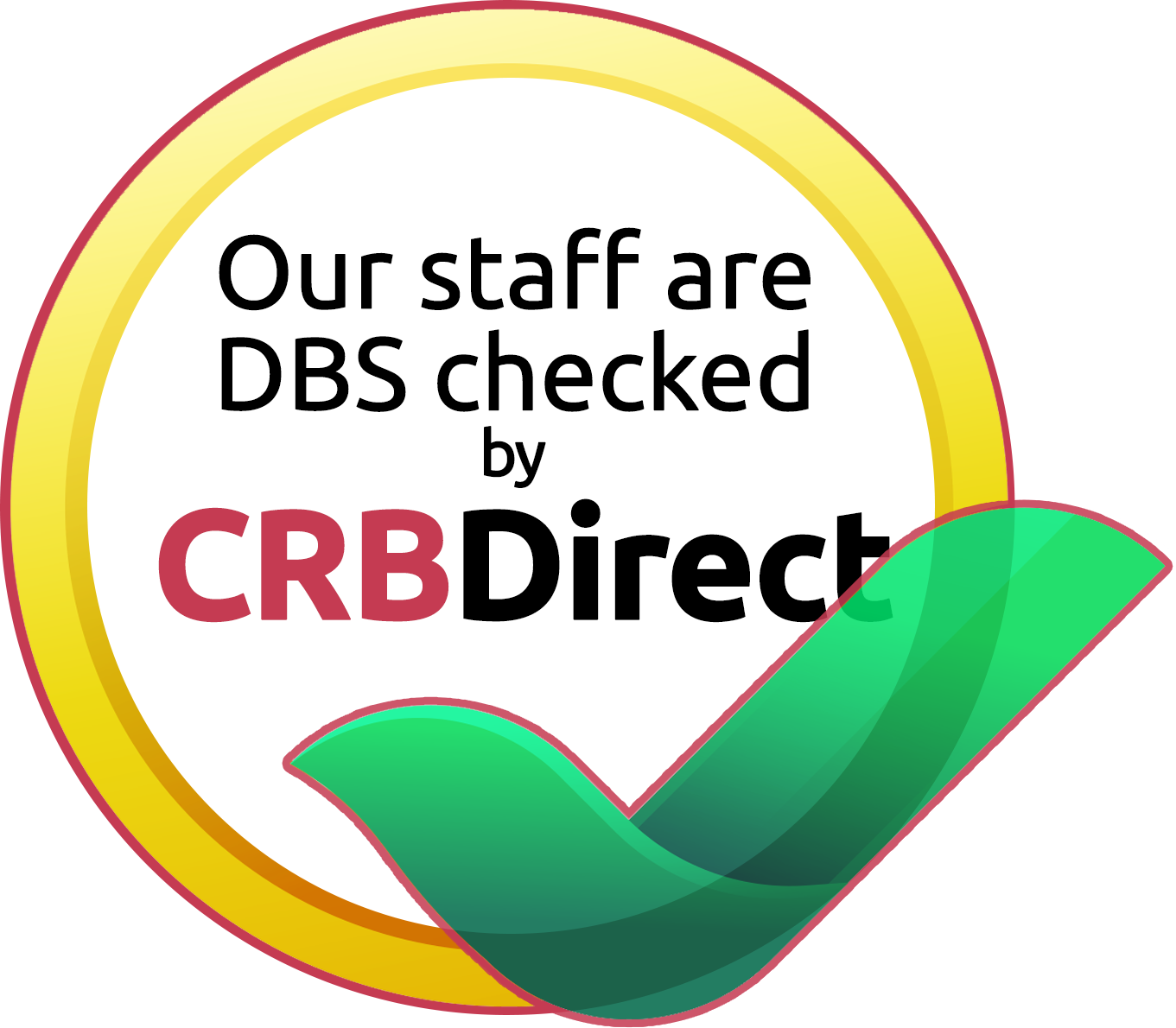Recent court cases around social media use raise an issue about how the police record contact with members of the public. One of the most recent cases was of a businessman accused of being transphobic. Harry Miller was visited at work by the Police after someone complained about his tweets. After an investigation into what Mr Miller posted, the police decided not to take the matter any further. However, Mr Miller was told that the Police would record his comments as a non-crime hate incident. Understandably, Mr Miller was concerned. What exactly does this all mean, and how will it affect a disclosure certificate in the future?
Crimes and Social Media
 There are however a lot of social media posts which do cross the line from poor taste to criminal. Twitter, Facebook, Instagram and the other social media sites don’t check posts, but rely on reports from users. Inciting racial hatred, or encouraging others to engage in acts of terror are crimes, whether it’s done face to face, or online. There are people currently in prison because of something they did online. The recent death of TV presenter Caroline Flack has also brought into focus the abuse and trolling which some people in the public eye endure. There’s a growing movement for new legislation to take account on the increase in social media use. It’s certainly true that the law often can’t keep up to date with changes in technology.
There are however a lot of social media posts which do cross the line from poor taste to criminal. Twitter, Facebook, Instagram and the other social media sites don’t check posts, but rely on reports from users. Inciting racial hatred, or encouraging others to engage in acts of terror are crimes, whether it’s done face to face, or online. There are people currently in prison because of something they did online. The recent death of TV presenter Caroline Flack has also brought into focus the abuse and trolling which some people in the public eye endure. There’s a growing movement for new legislation to take account on the increase in social media use. It’s certainly true that the law often can’t keep up to date with changes in technology.
However, the main difference in the recent case involving Harry Miller was that the Police decided he wasn’t guilty of any crime. However, the Police still recorded information about the investigation and original complaint on the system. Will this appear on a disclosure certificate in the future? The answer isn’t as simple as you’d think.
Different Types of Disclosure Certificate
There are three different levels of disclosure checks. A basic disclosure check is simply a check of someone’s current, unspent criminal record. If you’ve not been convicted of a crime, or cautioned, then there’s nothing to record. Standard and enhanced disclosures are a different matter. More detailed disclosures apply to people working in certain occupations. Usually, these positions are in a position of trust. The trust could be in terms of access to money, or more usually, involving caring for vulnerable people. Disclosure for these positions looks further back into the past. In these cases, the Disclosure and Barring Service, or Disclosure Scotland, might look at non-crime incidents and other intelligence recorded by the Police. This is what concerned Mr Miller – that his non-conviction could come back to haunt him in the future.
Other Non-Crimes
There are lots of other circumstances in which the police might still record a non-crime. According to figures recently released by The Telegraph, there are 120,000 recorded non-crime hate incidents on the police computer. There are other related issues such as non-harassment orders, which police give out after a complaint has been made against someone. Often, there isn’t much investigation as to whether the harassment has taken place, or whether there’s evidence to support the alleged hate crime. This sort of information falls under the heading of “intelligence” which may be looked at for an enhanced disclosure.
Will Intelligence Appear on my Disclosure Certificate?
The idea of including intelligence on DBS certificates arose from the Ian Huntley case. Despite numerous allegations against him for violent or sexual offences, he had a clean criminal record. So when he applied for a job as a school caretaker, the check was clear. However, that doesn’t mean that the Police will disclose everything as a matter of course. There’s a process called filtering. This means that the police will make a decision based on each case. It’s about balancing the right to leave your past behind you against the risks. In general terms, one isolated report about you to the police a long time ago, is unlikely to appear on a certificate. If however there are lots of reports about matters recently, then the Police may decide to disclose.
There is no hard and fast answer, which is partly what worries so many people. The best advice – as always – is to watch what you do online. Keep reading the press reports. There is also lots of information on the DBS website, and through ex-offenders’ charities.
